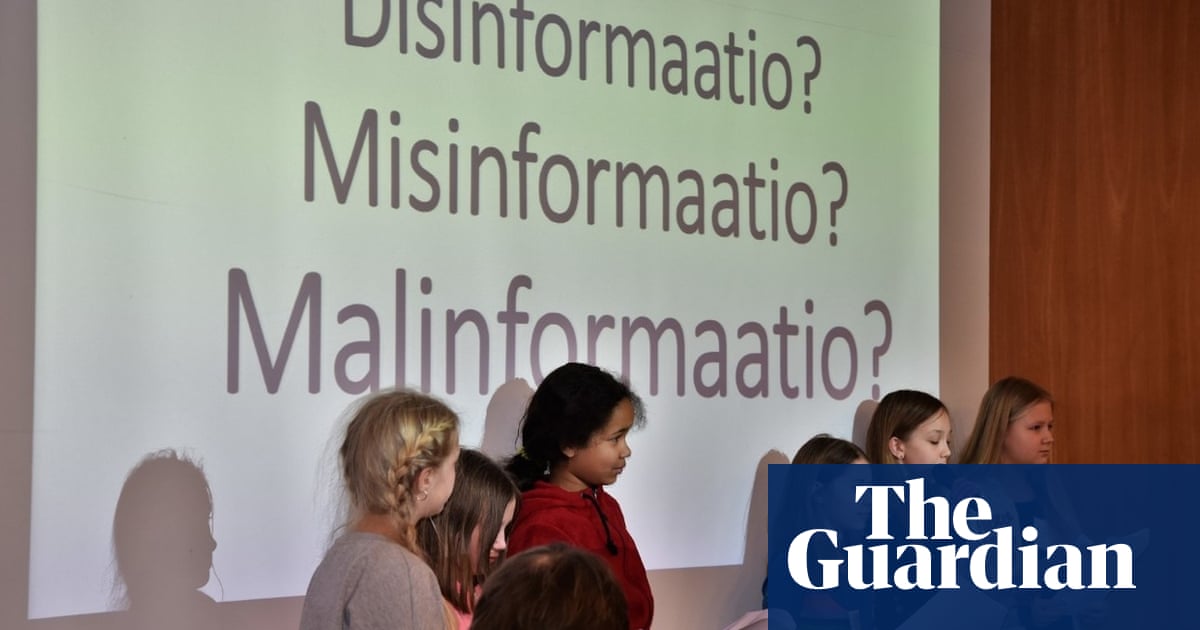
Engaged Reading Digest: the unexpected face of polarisation
The assumptions many people make about social media, news consumption and polarisation may not be accurate. Prepare for a surprise…
Social media is polarising us all, right?
Well, maybe not. As is so often the case, the assumptions we make about the dynamics of the media ecosystem turn out to be more complex once proper research is done. And our equally assumed solutions might be just as bad.
Buckle up. Mindshift time. 🤯
Social Media might be increasing news exposure
A fascinating piece of work by Dr Richard Fletcher that suggests that some of the established notions of algorithms limiting news exposure might not be entirely accurate.
People who use social media for news, particularly if they're using it for other reasons, are incidentally exposed to news whilst they're there and this boosts the amount of news that people use compared to the group that don't use social media at all. So the group that do use social media use more and more different online news sources.
They also found that people who go directly to news websites tended to consume from a narrower range of sources. That suggests that, as we attempt to build a more loyal audience base, we need to pay attention to diversification of viewpoints in our coverage.

Publishers get tribal to acquire subscribers
In the context of the finding above, this piece by lovely former student Chris Sutcliffe should ring a few alarm bells:
[…] many news publications have found it difficult to justify using the exclusivity of their content as the selling point for a subscription. After all, in the age of information overload you’d be hard pressed to find a generalist newspaper that isn’t covering the same beats as many free-to-access online outlets. Consequently, they have made their political affiliation or stance the core of their proposition – for better and worse.
We've been assuming that building direct relationships with readers will help ease the polarisation effect we've been seeing in recent years. However, if we become more politically tribal to attract those users, are we just going to make it worse, instead?
(I promise not to use tribal marketing to sell my premium offer. Honest.)

And Chris isn't the only one to have noticed:
I see an increase of promoted newspaper stories in my timeline, aimed at potential paywall subscribers. The stories all share one characteristic: they are polarising. So much about the blessed lands of clickbait-free journalism behind paywalls.
— Wolfgang Blau (@wblau) February 16, 2020
Podcast Polarization
I probably should add this to the list of recommended podcasts I crowd-sourced last week, but the RSA's podcast on polarisation remains excellent listening. I recommend heading back to episode one and listening your way through it.

Inoculating primary school children against misinformation
Let's finish on a positive, Finnish note. Finland's approach to dealing with misinformation it attracting a lot of attention worldwide.
I'm not sure the current UK government, given its displayed attitude to the press so far, is ready to follow this path, but maybe other countries can learn from it…

Sign up for e-mail updates
Join the newsletter to receive the latest posts in your inbox.













